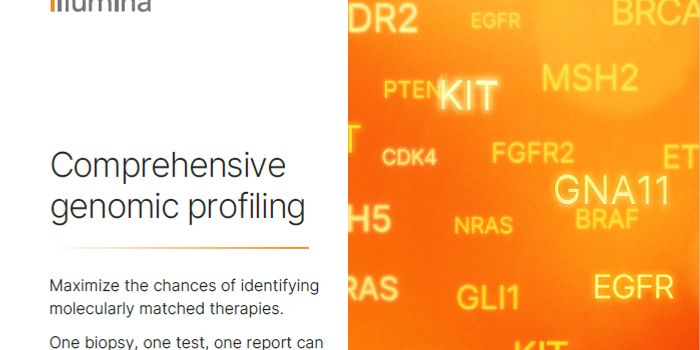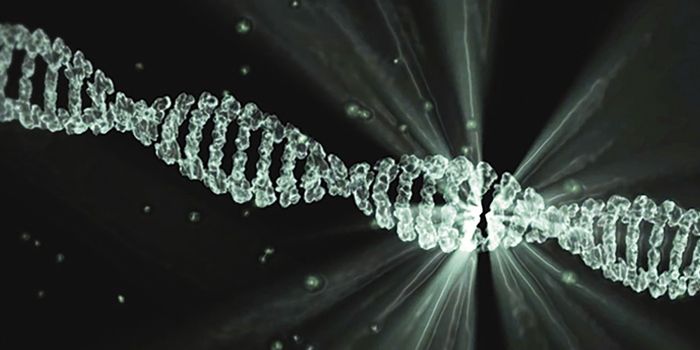Does the Secret to a Happy Marriage Lie in DNA?
Physical attraction, shared values and compatible living situations all contribute to a happy marriage. However, research has shown that the likelihood of having a happy long-term relationship may also have genetic components.
A study conducted by Yale School of Public Health found that carriers of a specific variant of the oxytocin gene receptor, known as GG, tended to have happier marriages. To find this out, they collected survey results from 178 married couples between the ages of 37 and 90 measuring their marital security and satisfaction, alongside saliva samples for genotyping.
The researchers found that couples who had at least one partner with the genetic variant GG reported greater satisfaction and security in their relationships than those with other variants. Also known as OXTR rs53576, although this gene has previously been linked to emotional stability, empathy and sociability, this study was the first to observe its role in promoting marital satisfaction (Yale University: 2019).
Studying the gene’s outputs in this way also revealed another trait that correlated with the gene: less anxious attachment- also thought to have improved relationship satisfaction among the couples studied. According to the lead author of the research, Joan Monin, anxious attachment comes from negative past experiences with close family members and partners that reduce self-worth, provide high rejection sensitivity, and approval-seeking behavior (ibid.).
Other genetic factors may also contribute to marital satisfaction. Researchers at the University of California, Berkeley, for example, found a correlation between a certain certain variant of a serotonin transporter gene and marital satisfaction. In a study spanning over 20 years, they had initially presumed that marriage satisfaction would be closely related to the emotions experienced within the relationship ie. those with more negative emotions would generally have less satisfactory marriages. However, after studying many couples over time, they found this not to be the case (University of California: 2015).
They thus began looking into genetic facts that influenced marital satisfaction. In particular, they studied the serotonin transporter gene. With two variations, one shorter and one longer, the shorter of the two is associated with higher risks of negative attributes such as depression, anxiety and Attention Deficit Disorder, which cold easily be presumed to have a negative effect on relationships (Popova: 2019). However, looking more closely at the variant, they found that rather than necessarily incite negative emotions, this gene instead simply coded for heightened emotional sensitivity (Lennon: 2019).
In the context of a relationship, this meant that people with this gene were more likely to be satisfied in a positive emotional environment, and more likely to be dissatisfied in negative emotional environments than those with the longer form of the gene. For those with the longer form of the gene, by contrast, satisfaction in their relationships relied more on practical matters, such as providing a comfortable living for their family or pursuing their own goals (University of California: 2015).
To conclude, it appears that our genes have a significant role to play in how satisfied we are in our relationships. How these genes express themselves however is still dependent on environmental triggers and so, they can not be complete predictors of marital satisfaction. Their presence does seem however to have a significant effect on our likelihood to experience and react to certain emotional environments, and ultimately, relate to others.
Sources
Popova, Maria: Brainpickings
Lennon, Annie: Labroots










